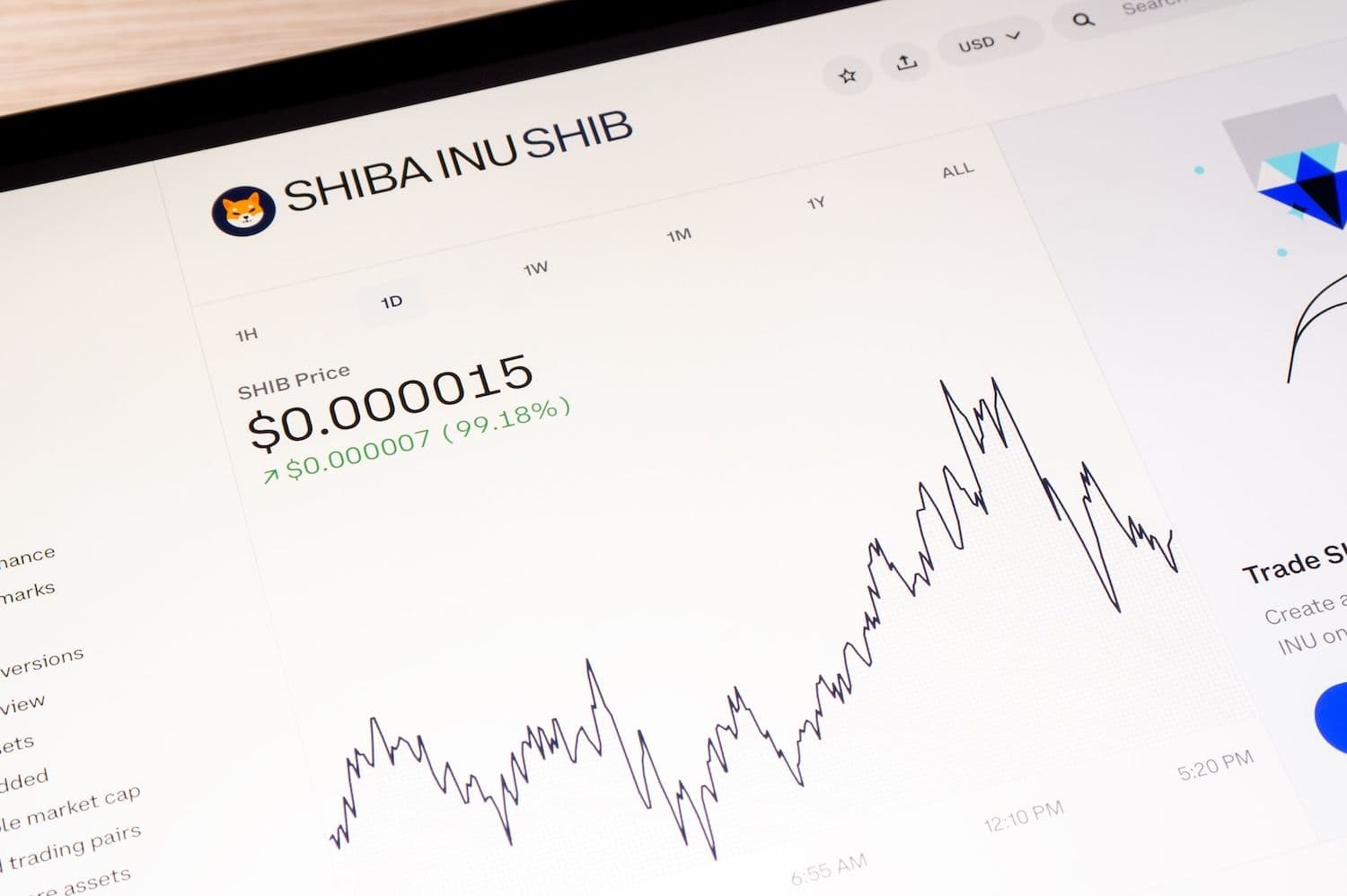A prominent Shiba Inu developer has identified internal community conflicts as the primary obstacle blocking the cryptocurrency's advancement, even as SHIB continues its slide down market rankings. Kaal Dhairya, speaking on X amid August's market downturn, said personal bias and community splits pose a greater threat to the project than external market forces.
What to Know:
- SHIB has dropped to 22nd place in cryptocurrency rankings with a market cap of $7.17 billion after falling over 2% in early August
- Developer Kaal Dhairya says internal community divisions and personal bias in decision-making are blocking legitimate projects from advancing the ecosystem
- The developer calls for unity and implementation of decentralized governance through a strengthened DAO system to address both internal conflicts and external competition
Community Fractures Block Development Progress
Dhairya's criticism centers on how project evaluations occur within the Shiba Inu ecosystem. Decision-makers often base choices on personal opinions rather than assessing potential benefits to Shibarium and SHIB holders, according to the developer.
The situation represents a stark contrast to earlier periods in the project's history. Dhairya cited the K9 project as an example of how community cooperation previously fostered growth. Under guidance from trusted developers including himself and Shytoshi Kusama, the initiative received broad community support without suspicion of fraudulent intent.
Current dynamics have shifted significantly.
Legitimate projects now face scrutiny driven by personal rivalries and distrust among community members, Dhairya explained.
Individuals who have raised substantial funds from the SHIB community or built influence under changing identities often fuel these tensions. The developer acknowledged that hiring advisors or influencers for token promotion represents standard industry practice.
However, he argued the SHIB community should maintain higher standards. Dhairya emphasized the necessity for transparency regarding personal gains from project promotion or advisory roles.
Market Performance Reflects Internal Challenges
SHIB's recent price action underscores the urgency of addressing these internal issues. The token experienced a 9% rise in July before momentum quickly dissipated in August.
Price data shows SHIB dropped from a July 28 high of $0.00001437 to a low of $0.0000116 on August 2. The decline pushed the cryptocurrency to 22nd place in market rankings, representing a significant fall from its previous top-20 position.
Dhairya identified unity as the paramount priority given current market conditions. Rather than allowing internal arguments to divide the community, he advocates focusing collective efforts on external challenges threatening SHIB's position.
These external pressures include rival projects that have displaced Shiba Inu from top-10 rankings. Major web3 companies and crypto infrastructure providers continue overlooking the project despite its substantial market presence.
Centralized exchanges present another concern. While these platforms generate significant profits from SHIB trading, they fail to provide appropriate recognition to the community, according to Dhairya.
Governance Reform and Technical Terms
Addressing these challenges requires implementing practical decision-making mechanisms and eliminating favoritism, the developer argued. Projects should receive support based on their actual value contribution to the ecosystem rather than personal preferences.
Dhairya emphasized empowering Shiba Inu's decentralized autonomous organization as a solution. A DAO represents a blockchain-based entity governed by smart contracts and community voting rather than centralized leadership.
The developer envisions a fair, community-led system where every "Shibizen" – a term for Shiba Inu community members – maintains equal voice in governance decisions. His proposal includes implementing a quad-token governance model, though specific details of this structure remain unclear.
Shibarium, mentioned throughout the discussion, refers to Shiba Inu's layer-2 blockchain solution designed to reduce transaction costs and increase processing speed. The network launched in 2023 as part of the project's expansion beyond its original meme coin status.
Adherence to ethical guidelines like the Great Canine Code would help maintain leader accountability and prevent power abuse, according to Dhairya's recommendations.
Closing Thoughts
Dhairya's assessment highlights how internal governance challenges can impact cryptocurrency projects regardless of market conditions or technical capabilities. His call for community unity and transparent governance reflects broader industry discussions about decentralized decision-making and community-driven development in the cryptocurrency space.



